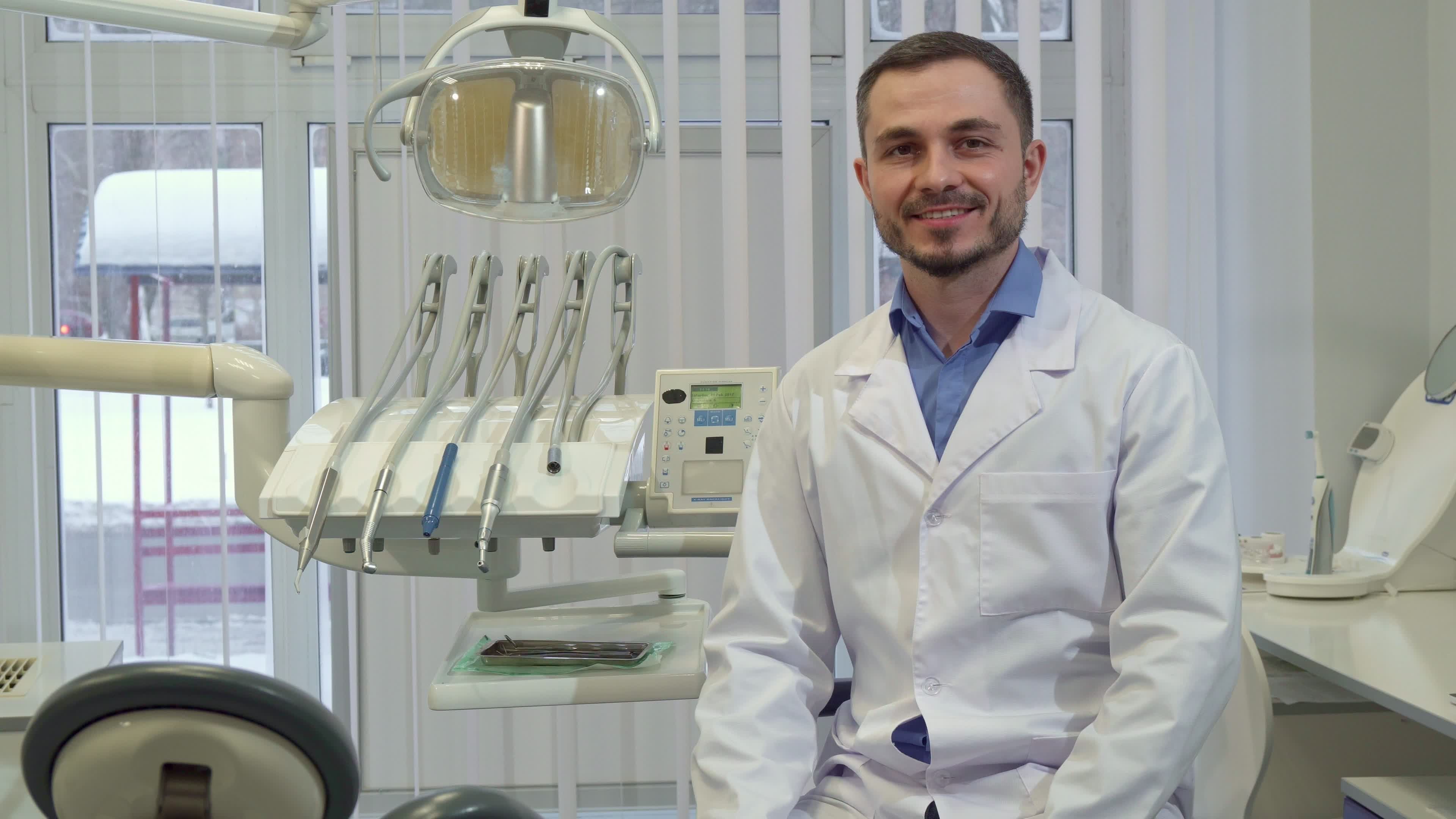What are oral surgery procedures, and why might you need them? Oral surgery procedures encompass a range of treatments designed to address issues within the mouth, teeth, and jaw, often necessary for improving oral health or function. Understanding these procedures can help demystify the process and prepare individuals for what to expect during treatment.
Oral Surgery Procedures: Common Oral Surgery Types
Oral surgery procedures encompass a variety of operations that address issues related to the mouth, teeth, and jaw. These procedures are often necessary to correct dental problems that cannot be resolved through non-surgical means. Some of the most common types of oral surgery include tooth extractions, which are often performed when a tooth is damaged beyond repair or when wisdom teeth need to be removed. Another frequent procedure is dental implant surgery, where artificial tooth roots are placed into the jawbone to support replacement teeth. Additionally, corrective jaw surgery, also known as orthognathic surgery, is performed to realign the jaw and improve its function.
Other oral surgery procedures include biopsies for oral cancer detection and treatment of facial injuries. These surgeries are crucial for maintaining oral health and ensuring that any underlying issues are addressed effectively. For those interested in learning more about the various surgical options available, exploring different Types of Dental Surgery for Better Oral Health can provide valuable insights into how these procedures contribute to overall dental well-being.
Preparing for Oral Surgery
When facing oral surgery procedures, understanding the preparation process is crucial for a smooth experience. Patients are often advised to familiarize themselves with the steps involved, which can include consultations and pre-surgery assessments. These initial stages help ensure that the patient is in optimal health and ready for the procedure. The preparation phase is designed to address any concerns and provide clarity on what to expect during the surgery.
Additionally, preparing for oral surgery involves coordinating logistics such as transportation and post-operative care arrangements. This ensures that patients have the necessary support system in place for recovery. For those seeking more information about oral surgery procedures, visiting a local provider can be beneficial. If you’re in the area, consider exploring Oral Surgery Near Mundelein for further insights.
Anesthesia in Oral Surgery
Anesthesia plays a crucial role in oral surgery procedures, ensuring patient comfort and pain management throughout the process. Depending on the complexity of the procedure and the patient’s needs, different types of anesthesia may be used, ranging from local anesthesia to numb a specific area, to general anesthesia for more extensive surgeries. Understanding the role of anesthesia in oral surgery procedures can help patients feel more at ease, knowing that their comfort and safety are prioritized during their treatment.
Recovery Process Overview
Understanding the recovery process is a crucial aspect of oral surgery procedures. After undergoing oral surgery, patients can expect a period of healing that varies depending on the specific procedure performed. Generally, the recovery phase involves managing swelling, and discomfort, and following any post-operative care instructions provided by the oral surgeon. It’s important to allow adequate time for rest and healing to ensure the best possible outcome. For those seeking more information on oral surgery procedures, Mundelein Dental Care offers resources and support, and you can learn more by visiting their Mundelein Dentist page.
Potential Risks and Complications
When considering oral surgery procedures, it’s important to be aware of the potential risks and complications that may arise. While many surgeries are performed successfully, there are inherent risks associated with any surgical procedure. Common complications can include infection, swelling, and bleeding at the surgical site. Some patients may experience adverse reactions to anesthesia, while others might face issues with delayed healing or nerve damage, which can lead to temporary or permanent numbness. It’s crucial to have a thorough discussion with a healthcare professional to understand these risks and how they might pertain to individual health conditions.
Post-Surgery Care Essentials
Understanding post-surgery care essentials is crucial for a smooth recovery following oral surgery procedures. After undergoing such procedures, it is important to be aware of the general guidelines that can help facilitate healing and minimize discomfort. These essentials typically involve managing swelling, maintaining oral hygiene, and adhering to dietary recommendations. Being informed about what to expect and how to care for oneself can make the recovery process more manageable and ensure that the outcomes of oral surgery procedures are as successful as possible.
Oral Surgery for Dental Implants
Oral surgery procedures play a crucial role in the successful placement of dental implants, which are a popular solution for replacing missing teeth. This type of oral surgery involves the precise insertion of a titanium post into the jawbone, serving as a sturdy foundation for artificial teeth. The process requires careful planning and execution to ensure the implant integrates well with the bone, providing long-term stability and functionality. Oral surgery for dental implants is typically performed by skilled oral surgeons who have extensive training in this specialized field, ensuring that patients receive optimal care and outcomes.
Wisdom Teeth Extraction Basics
Wisdom teeth extraction is one of the most common oral surgery procedures performed to address issues that arise when these third molars emerge. Typically appearing in late adolescence or early adulthood, wisdom teeth can cause overcrowding, misalignment, or impaction, leading to discomfort and potential oral health complications. During the extraction process, an oral surgeon carefully removes these teeth to prevent or alleviate such problems. Understanding the basics of this procedure can help individuals recognize its role in maintaining overall dental health and why it is a frequently recommended solution in the realm of oral surgery procedures.
Oral Surgery and Pain Management
Understanding pain management is a crucial aspect of oral surgery procedures. While the thought of undergoing oral surgery might be daunting, advancements in pain management techniques have significantly improved patient comfort. Oral surgeons employ a variety of methods to ensure that discomfort is minimized both during and after the procedure. These methods can include local anesthesia, sedation, and postoperative pain relief strategies tailored to individual needs. By effectively managing pain, patients can focus on recovery and healing, making the overall experience of oral surgery procedures more manageable and less intimidating.
Conclusion
Understanding oral surgery procedures is essential for making informed decisions about your dental health. For more information or to discuss your needs, call 847-566-5560 or read reviews on Google Maps.

